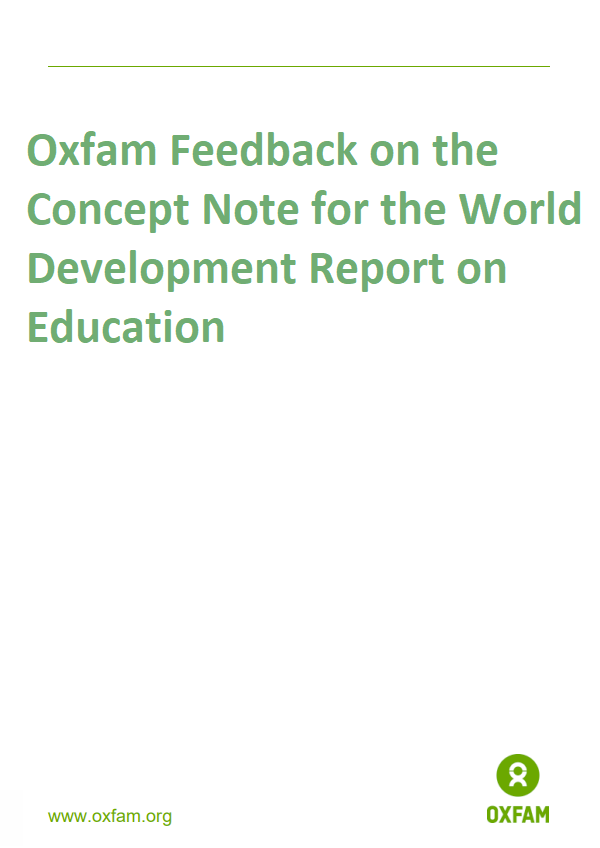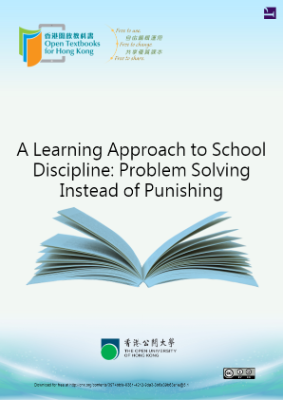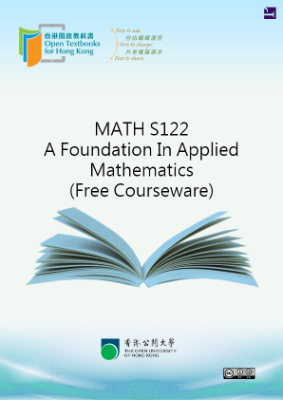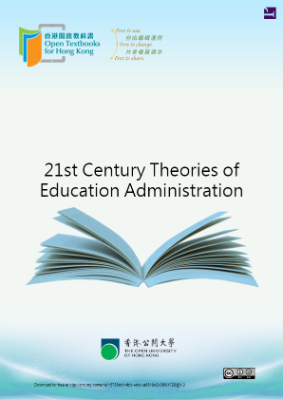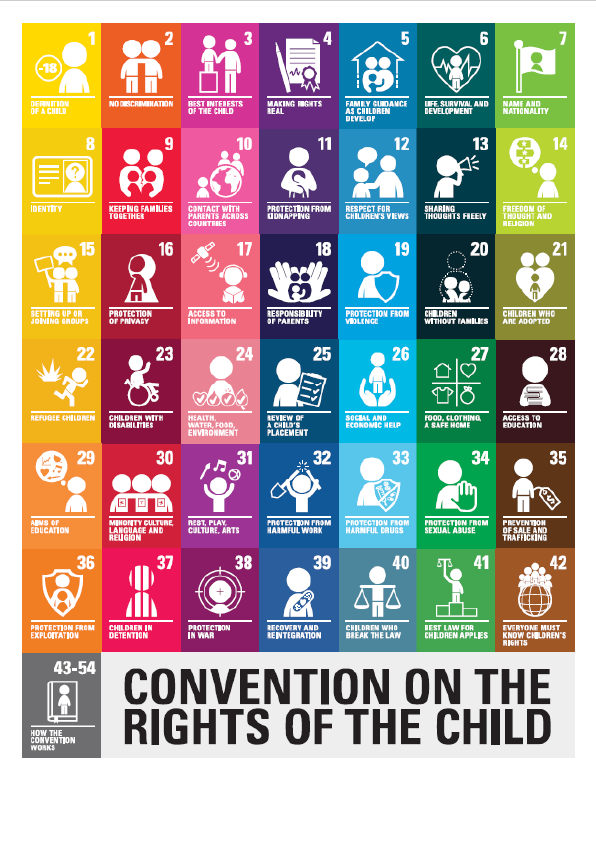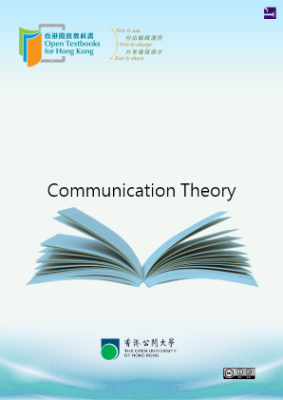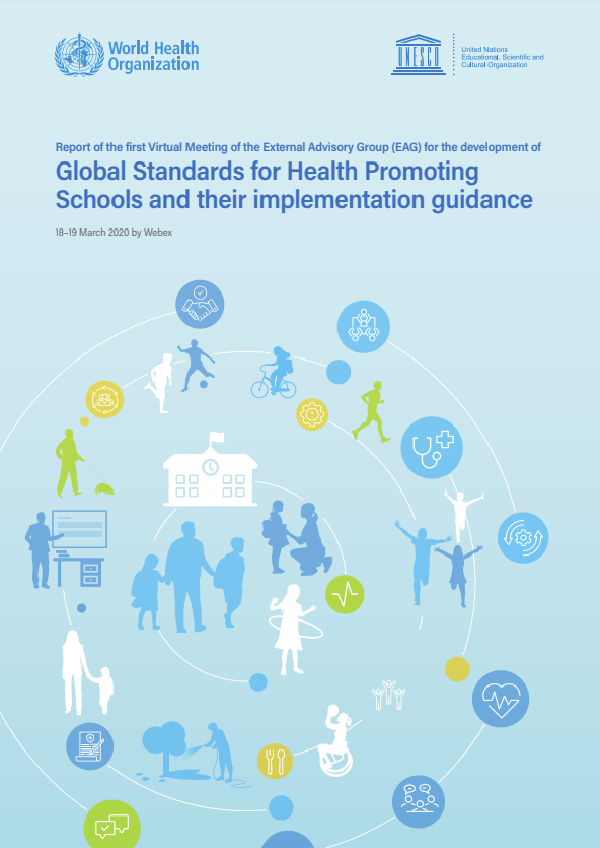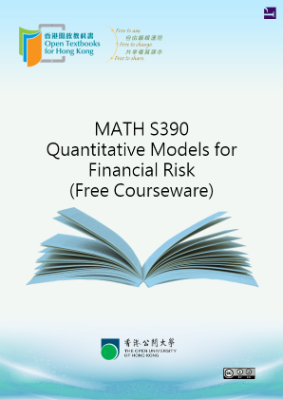The World Development Report (WDR) is an annual report published since 1978 by the International Bank for Reconstruction and Development (IBRD) or World Bank. Each WDR provides in-depth analysis of a specific aspect of economic development. Past reports have considered such topics as agriculture, youth, equity, public services delivery, the role of the state, transition economies, labour, infrastructure, health, the environment, risk management, and poverty. The reports are the Bank’s best-known contribution to thinking about development.
The World Development Report 2018 (WDR 2018)—LEARNING to Realize Education’s Promise—is the first ever devoted entirely to education. And the timing is excellent: education has long been critical to human welfare, but it is even more so in a time of rapid economic and social change. The best way to equip children and youth for the future is to place their learning at the center. The 2018 WDR explores four main themes: 1) education’s promise; 2) the need to shine a light on learning; 3) how to make schools work for learners; and 4) how to make systems work for learning.
Main Messages
- Schooling is not the same as learning.
- Schooling without learning is not just a wasted opportunity, but a great injustice.
- There is nothing inevitable about low learning in low- and middle-income countries.
The Three Dimensions of the Learning Crisis
The crisis has three main dimensions:
- The first dimension of the crisis is the poor learning outcomes themselves.
- The second dimension of the learning crisis is its immediate causes:
- Children arrive unprepared to learn.
- Teachers often lack the skills or motivation to teach effectively.
- Inputs often fail to reach classrooms or to affect learning.
- Poor management and governance often undermine schooling quality.
- The third dimension of the crisis is its deeper systemic causes.
The Three Policy Actions to Address the Crisis
- Assess learning, to make it a serious goal.
- Act on evidence, to make schools work for learners.
- Align actors, to make the system work for learning.
Oxfam welcomes the focus on education in the upcoming 2018 World Development Report (WDR). Supporting countries to achieve universal, equitable high-quality public education must be a core priority for the World Bank Group if it is to achieve its twin goals of ending poverty and promoting shared prosperity. It is also foundational to the achievement of the Sustainable Development agenda.
Oxfam also welcomes the concept note’s nuanced discussion of a number of difficult issues in the education sector, including the treatment of high-stakes standardized testing, the training of teachers and the role of technology in the classroom. We appreciate in particular the acknowledgement that education is a human right and has intrinsic value beyond economic returns, and the discussion of the role that interventions outside the education sector, such as early childhood health and nutrition, play in education outcomes.
However, we have a number of fundamental concerns related to the framing and direction of the report. Overall, we are concerned that the concept note does not closely align the WDR with the Sustainable Development Goal (SDG) 4 on education and its Framework for Action (FFA), which represents the global consensus of governments, civil society and other key stakeholders on priorities in the education sector. In particular we would like to see significant changes to the treatment of the following concerns.
